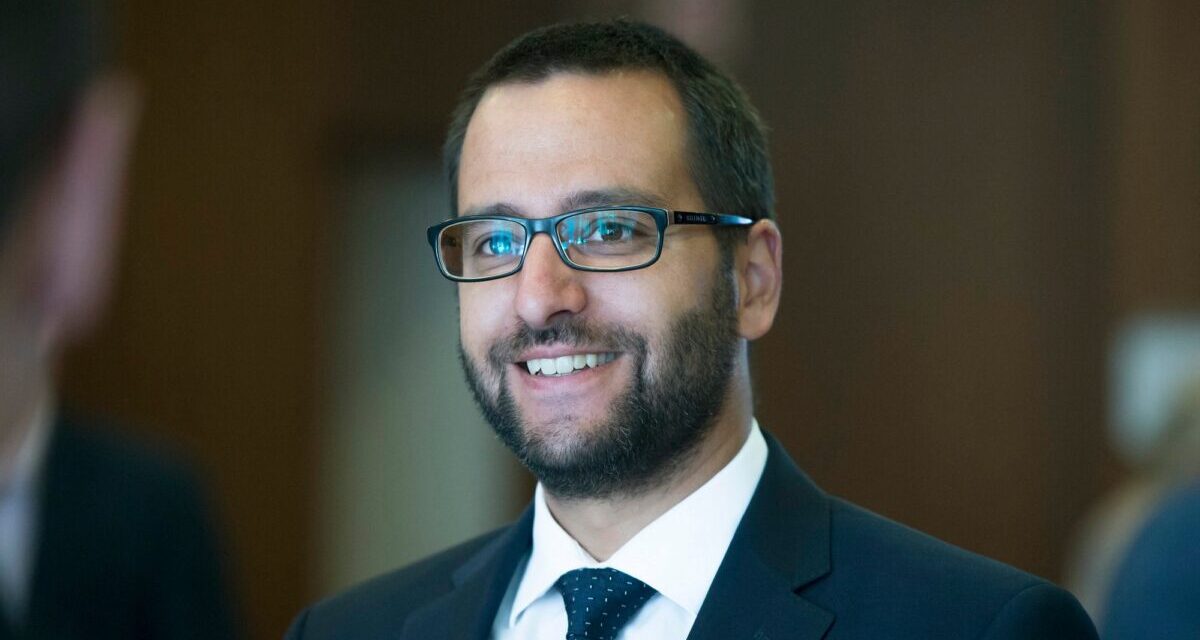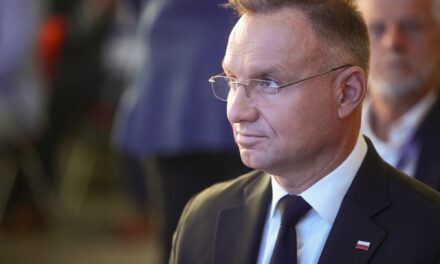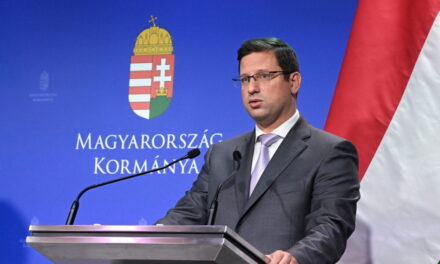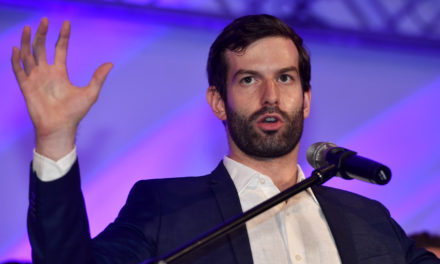Tamás Lánczi emphasized that the office is not an authority, it does not conduct investigations and does not apply sanctions, its task will basically be analysis and discovery.
The first major task of the Office for the Protection of Sovereignty, which will be established by February 1st, will be to watch over the purity of the soon-to-be-started election campaign and election struggle, said Tamás Lánczi, the political scientist who was asked to lead the office, on the M1 current affairs program on Tuesday.
In the program, Tamás Lánczi called it an honor to be nominated for the post by Prime Minister Viktor Orbán and to receive his appointment certificate from the President of the Republic, Katalin Novák.
The Sovereignty Protection Act refers to the concept of sovereignty as constitutional self-identity, which in everyday language means that the country's economic, cultural, communication, political identity and independence must be protected, and the law assigns certain tools to this end - Tamás Lánczi formulated the tasks of the office.
Tamás Lánczi emphasized that the office is not an authority, it does not conduct investigations and does not apply sanctions, its task will basically be analysis and exploration, and the public will be its most important tool in its activities.
It conducts investigations, cooperates with other state bodies, and if it experiences abuses, it discloses them and reports this to the competent body
he added.
According to Tamás Lánczi, in order to detect abuses similar to the "rolling dollars" case of 2022, he can use cooperation with other state bodies"
"If you like, you can request the information that is generated by other state bodies in the framework of a collaboration, analyze and examine it, draw conclusions from it, which you can make public, you can indicate this to the legislator," explained the future president of the office, noting , the Sovereignty Protection Office can draw the legislator's attention to some legislative deficiency or the need for official action in the event of a problem.
As an example, he mentioned that according to the relevant passage of the Law on the Protection of Sovereignty, if someone accepts illegal financing, the law currently threatens him with three years in prison, but the punishment will not be imposed by the office, but by the competent state body.
Tamás Lánczi reminded that the country is preparing for local and European Parliament (EP) elections this June, so it is particularly important to prevent abuses similar to those experienced in 2022.
The task of the new office will be specifically to prevent attempts to gain foreign influence, and if it detects signs of this, it will take the necessary measures, i.e. draw the attention of the authorities.
he confirmed.
The political scientist said in response to the host's question, if the European Commission or any other EU body tries to "extend" its powers, or tries to undermine Hungary's sovereignty, then it "may be the subject of an investigation in itself" and it may be worth dealing with it.
He added that, at the same time, Hungary exercises certain powers and part of its sovereignty jointly with other member states, but the investigation of the resulting "frictions" is not one of the office's primary tasks.
Tamás Lánczi on Radio Kossuth Good morning, Hungary! in his program, he also emphasized that there were "voices" of concern from Brussels regarding the establishment of the office, but these "attacks wrapped in concern" cannot be surprised, since there have always been actors there who tried to exceed their powers and wanted to interfere in Hungarian constitutional life .
In response to a question, the future president of the Office for the Protection of Sovereignty said that the Hungarian model is most similar to the Romanian anti-disinformation office or the European Union's office in Brussels, which filters out influence attempts from outside the Union. Great Britain and France have already established a regulatory system of this kind, protecting national, economic or, above all, the interests of large companies, against foreign economic influence, he added.
"Every state that acts rationally defends its sovereignty tooth and nail," said Tamás Lánczi.
MTI
Cover image: MTI Photo: Szilárd Koszticsák













